-
 play_arrow
play_arrow
GlitterBeam Radio GlitterBeam Radio
-
 play_arrow
play_arrow
Supernova 118
-
 play_arrow
play_arrow
Supernova 117
-
 play_arrow
play_arrow
Sanremo Music Festival 2023
-
 play_arrow
play_arrow
Supernova 116
-
 play_arrow
play_arrow
Supernova 115
-
 play_arrow
play_arrow
Supernova 114
-
 play_arrow
play_arrow
Supernova 113
-
 play_arrow
play_arrow
Supernova 112
-
 play_arrow
play_arrow
Supernova 111
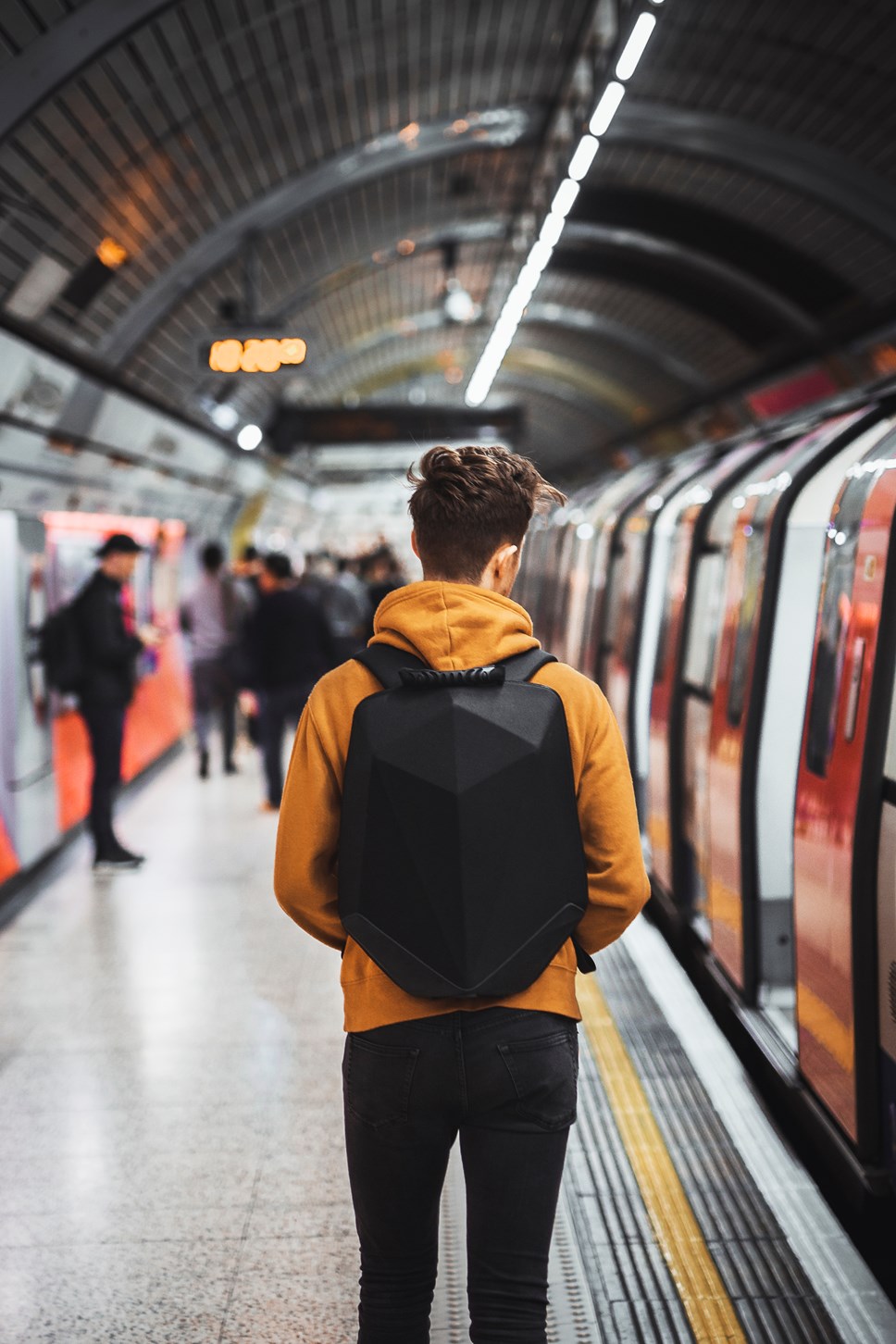
London Travelwatch’s latest survey ‘Out In London LGBTQ+ peoples safety on the London transport network‘ reveals the extent of abuse, harassment and violence faced by the LGBTQ+ community when travelling in and around the capital:
– One in five (21%) survey respondents said they have experienced hate crime in the past year while travelling on public transport in London
– Four in five (82%) respondents change their behaviour or appearance to ‘fit in’ so they avoid abuse or harassment when travelling
– 65% of respondents who had experienced abuse or harm when travelling in London said bystanders witnessed the incident but did not intervene
– Many LGBTQ+ people they spoke to have little confidence or trust in the police, so incidents on Londons public transport network often go unreported
Passenger watchdog London TravelWatch is today calling for urgent action to tackle abuse and hate crime against LGBTQ+ people on the capitals transport network.
The latest report on personal security shows that many LGBTQ+ people have an underlying yet serious concern for their everyday safety. Two-thirds of those asked felt there is always a possible threat of violence or harassment when using public transport. Some felt this more than others, with trans+ people, Deaf and Disabled LGBTQ+ people and LGBTQ+ People of Colour more likely to express this view than the overall sample.
Given this pervasive sense of concern for their safety, many LGBTQ+ people feel they have little choice but to be extra vigilant and change their behaviour when travelling in and around London. The most common precautions are to hide or disguise LGBTQ+ identities, to avoid interacting or making eye-contact with strangers, and to maintain constant alertness.
Understandably, many LGBTQ+ people surveyed (75%) say they themselves would not feel safe intervening in an incident on public transport. The high proportion of LGBTQ+ people who had experienced abuse or harm, and who said that other people watched but did nothing, underlines our previous call to encourage more Londoners to become active bystanders.*
The report also reveals a lack of confidence or trust in the police among many LGBTQ+ people. Nearly half of respondents said that seeing the Metropolitan Police did not help them feel safer on public transport. 84% of respondents who said they were victimised on public transport in the past year did not report their experiences to the police, either because they felt they would not be able to do anything, or for fear about how they or their report might be handled.
Michael Roberts, Chief Executive of London TravelWatch, said:
We already knew that LGBTQ+ people had serious concerns about their personal security on public transport, but our findings lay bare the scale of the problem.
Two-thirds of LGBTQ+ people reported that they had experienced at least one form of victimisation on public transport in the last year. Worryingly, more respondents said London had become less safe in the past five years, than those who thought it had become safer.
The report highlights a community on constant alert when travelling around the capital, unable to express its identity and feeling unsupported by the wider public and the police.
This situation should not be accepted anywhere in a tolerant society and certainly not in a vibrant, diverse world city such as London.
Some of the answers lie in tackling anti-LGBTQ+ prejudice, while others such as improved security at stations would benefit all transport users. We urge transport providers and the police to act now so we can create a transport system that really does work for everyone.
Siwan Hayward, TfLs Director of Security, Policing and Enforcement, said:
We want everyone to feel safe and be safe when travelling around London at all times without fear of abuse, and hate crime has absolutely no place on our network.
We are committed to ensuring all passengers and staff are protected from harm and we have a bold and clear campaign across our network which encourages customers and staff to stand in solidarity against hate and abusive behaviour.
TfLs staff are also trained in how to support our customers and deal with reports seriously and with compassion, and earlier this year we also set out clear guidance on how customers can safely intervene if they witness incidents of hate crime.
We will continue to work closely with LGBTQ+ groups and stakeholders in response to the London TravelWatch recommendations to ensure that no one ever faces abuse or discrimination for who they are.
Detective Chief Superintendent Paul Furnell, Head of Crime and Public Protection for British Transport Police, said:
Preventing and tackling hate crime is a British Transport Police priority. Everyone has a right to travel without fear and no one should be subjected to violence or harassment because of who they are.
We work closely with LGBT charities and the community to ensure that we understand the issues that they face and can take proactive steps to prevent hate crimes. We conduct highly visible patrols and dedicated operations across the railway to ensure the safety and security of passengers and staff. Our officers are ready to respond to incidents of hate crime immediately, and with access to more than 150,000 CCTV cameras across the rail network they can quickly identify offenders and make arrests.
Throughout a hate crime investigation, we willll ensure that victims receive the care that they need. Our officers work tirelessly to achieve a successful outcome for the victim and the wider community. Incidents of this nature will not be tolerated on the railway, or anywhere. We urge anyone who sees or experiences a hate crime to report it to the police by text 61016 or the Railway Guardian app.
Amy Roch, Deputy CEO of Galop the LGBT+ anti-abuse charity, said:
Every LGBT+ person travelling in London should be able to feel safe during their journey. Galop supports thousands of LGBT+ victims and survivors of abuse or violence every year. We know that experiencing abuse for who you are has long-term impacts on a victims sense of safety, with some LGBT+ victims having an increased fear of venturing out in public after what has happened to them.
Were thankful to London TravelWatch for commissioning this research and recognising the importance of creating a future where every journey in London is one where LGBT+ people can travel freely and without fear.
London TravelWatch recommendations – what needs to be done?
Decision-makers, the transport industry and policing authorities should:
Commit to awareness campaigns to end hate crime and harassment targeting LGBTQ+ people. This should be a cross-industry effort including education on the problem and how people can help stop it.
Conduct regular staff training, co-designed with LGBTQ+ people and stakeholders, to ensure staff have the right skill set and knowledge to help and support people in the LGBTQ+ community when they are travelling in London.
Commission further research into LGBTQ+ peoples safety concerns while travelling around London, particularly around policing and how different intersectionalities face different barriers when it comes to policing bodies and reporting.
Implement a robust cross-industry strategy to address anti-social behaviour.
Work directly with LGBTQ+ organisations and people with lived experience throughout. This should be factored into all aspects of work rather than as an add on or an afterthought.
In addition, transport operators should:
Maintain the frequency of services and ensure they are reliable, particularly at night, to help make sure people are not stuck in unsafe or potentially dangerous situations.
Put infrastructure in place to improve security concerns and perceptions of safety, including improving WIFI and connectivity, lighting, and CCTV.
Have visible staff at stations and on services to support LGBTQ+ people before, during and after their journey.
Collaborate with and support trusted third-party organisations such as CATCH and Zoteria to promote their services to LGBTQ+ people who use transport.
Policing authorities should:
Raise awareness of trusted third-party schemes such as CATCH and Zoteria and how to use them and improve these referral pathways within the police.
Within the Met, commit to implementing recommendations from the Casey Review to address LGBTQ+ prejudice within their organisation.
Within the BTP, create and implement an action plan detailing how they will address LGBTQ+ prejudice within their organisation and build trust within the LGBTQ+ community.
Written by: GlitterBeam
Similar posts
Chart
-
-
 play_arrow
play_arrow
Dance Alone Sia & Kylie Minogue
-
-

2
Miss Me Too
Griff
-
-
 play_arrow
play_arrow
Been Like This Meghan Trainor & T-Pain
-
-
Top popular
Featured post
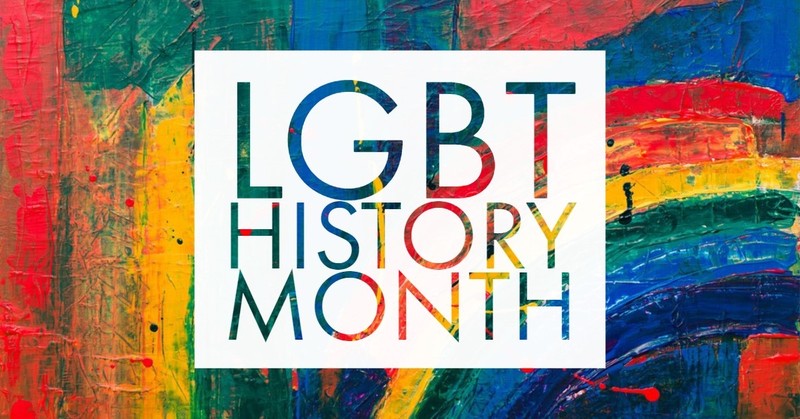
Latest posts
Current show
Upcoming shows

The Breakfast Bar
7:00 am - 10:00 am

Rainbow
10:00 am - 1:00 pm

That Rainbow Connection
1:00 pm - 3:00 pm
Chart


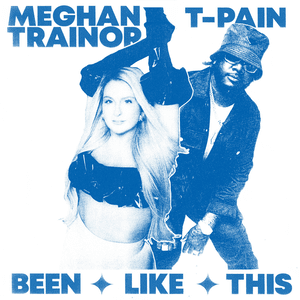








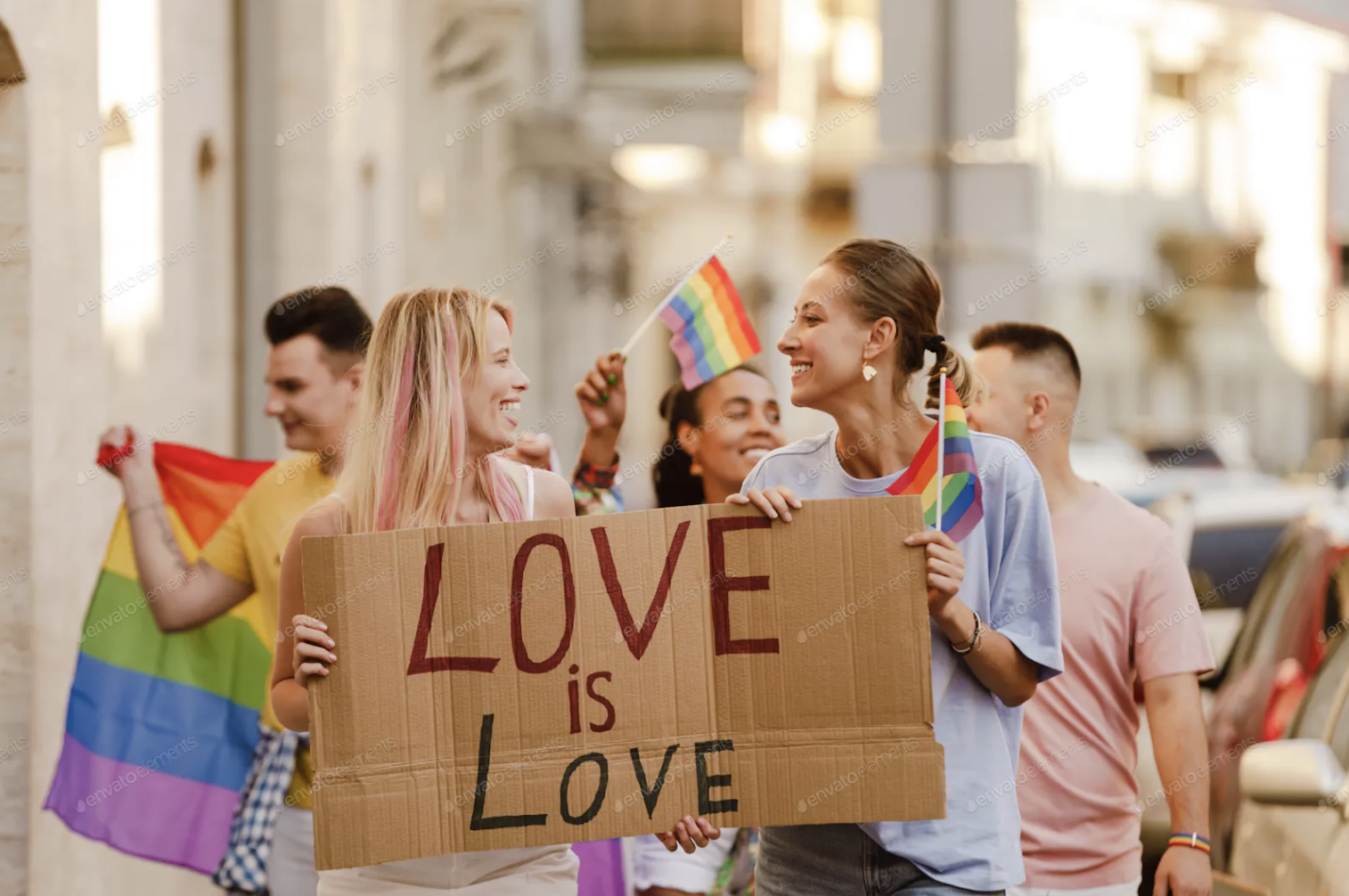

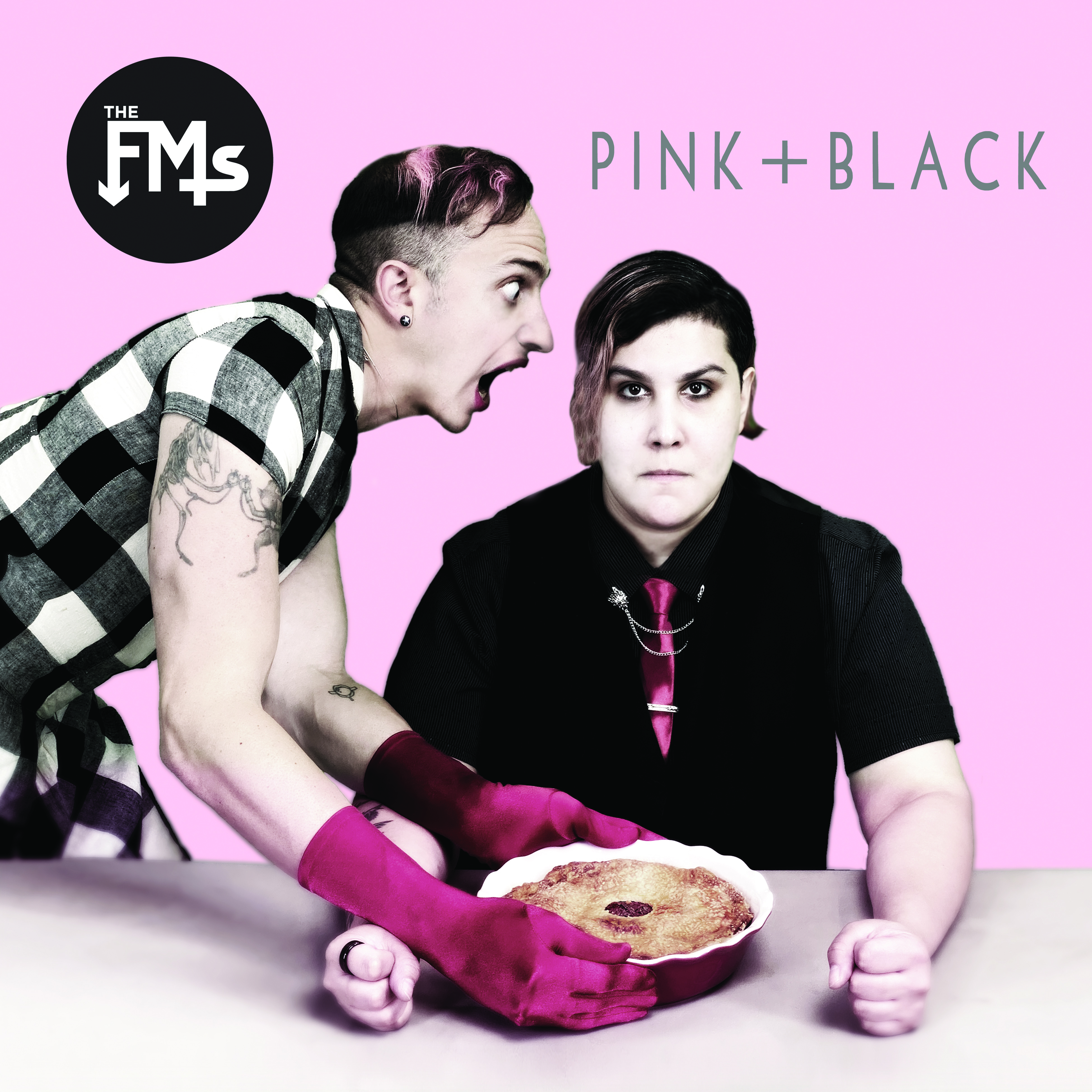
Post comments (0)